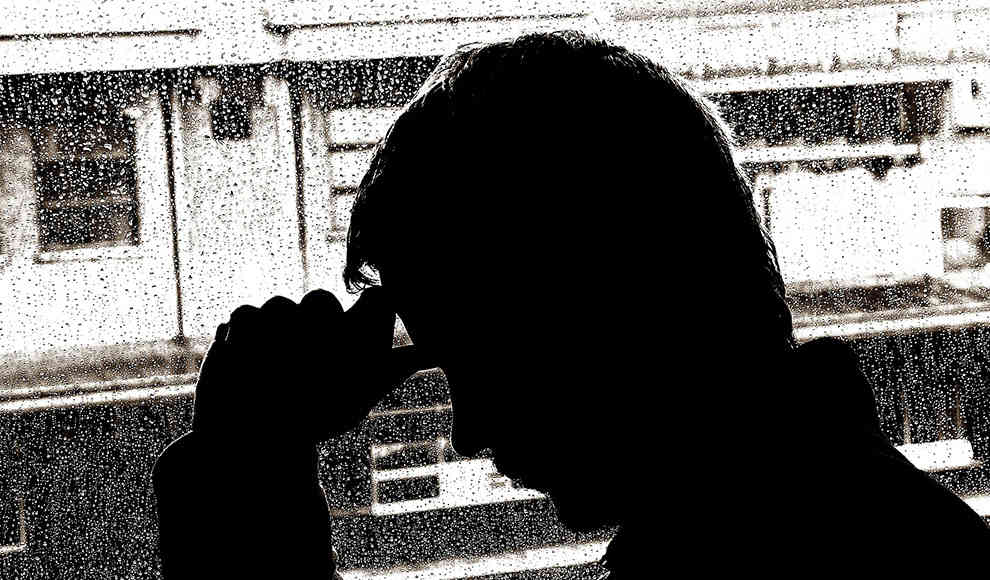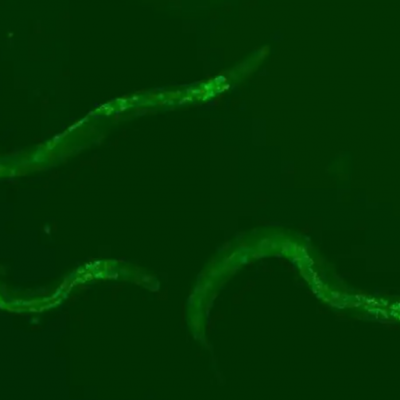A lack of the male hormone testosterone can lead to a loss of drive, persistent fatigue, a loss of libido, and severe depression. Researchers at George Washington University have found that testosterone is an often underestimated hormone that can have significant effects on health and mental state. Even if the threshold has not been exceeded, problems can arise when men suffer from a general lack of drive, are constantly plagued by fatigue, and have less and less desire for sexual activity. The symptoms alone are cause for a depressive mood, but the researchers have now found that a lack of the male hormone testosterone can also lead to severe depression (major depression). They are therefore calling for increased attention to so-called risk patients.
As men age, their testosterone levels steadily decrease, which is a completely normal aging phenomenon. The hormone content in the blood decreases from around the age of 40, and this is often referred to as male menopause. However, the German Society for Endocrinology (DGE) has already declared this non-medical interpretation of the decreasing testosterone level a myth. Only three to five percent of age-related testosterone reduction in men between the ages of 60 and 79 is even medically relevant.
For their study, the researchers examined 200 men between the ages of 20 and 77 with a borderline testosterone level between 6.9 and 12 nmol/l. The 200 men were also asked about their general health status, with a focus on symptoms of depression. The results showed that 56 percent of men with a low testosterone level had clinical symptoms of depression, as reported in the journal Sexual Medicine. The comparison value here is only between six and 23 percent. Almost a third of the men examined were already in specialist treatment and were treated with antidepressants, among other things. In this smaller group, other symptoms of testosterone deficiency were also found more frequently, including motivation problems, potency problems, sleep disorders, and overweight.
The researchers recommend from their study results that even men with a low testosterone deficiency, whose values are close to the lower threshold, should have themselves examined by their general practitioner or a specialist for symptoms of depression and, if necessary, increase their testosterone levels. This could prevent the development of a manifest depression or at least treat the symptoms.










